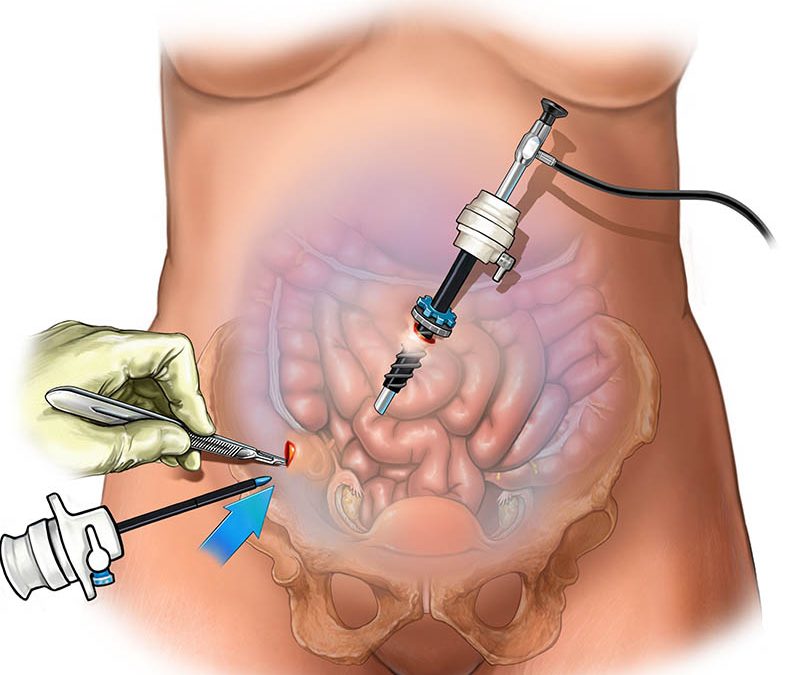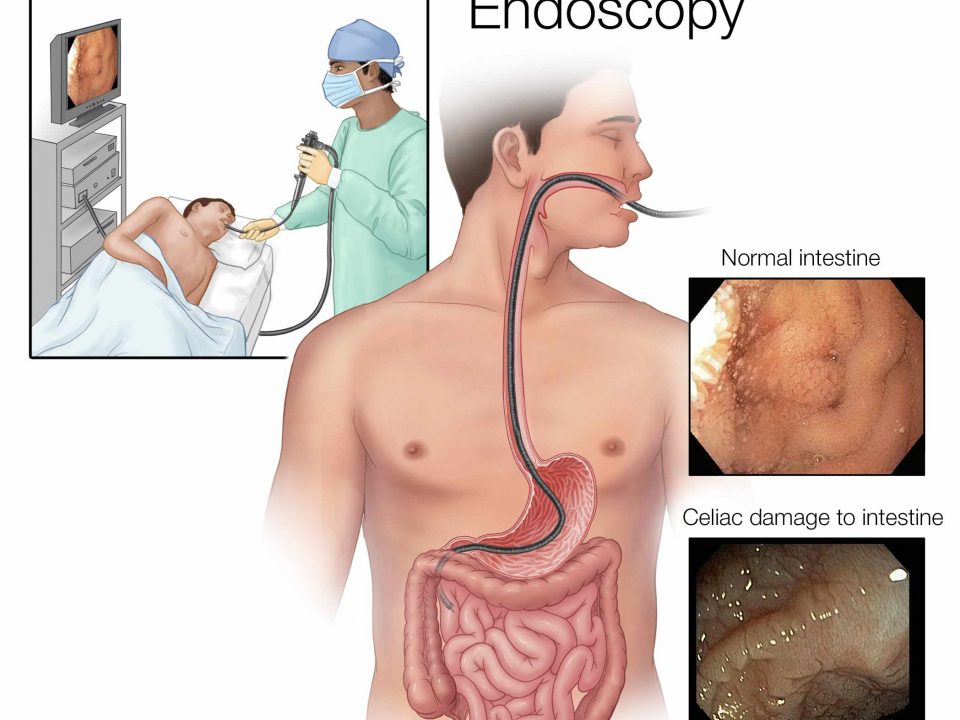
FDA Approved Drugs for Rheumatology
August 26, 2019
Pain medications after surgery
August 26, 2019Medications for pain after laparoscopic surgeon:
At_Paracetamol
Ibuprofen
Codeine
How long will I need to take my painkillers?
Pain medications after surgery
If you’re having surgery, it’s natural to have concerns about pain after the procedure, as well as the risks associated with powerful pain medications. Controlling pain and minimizing side effects are both important for post-surgical comfort, recovery and rehabilitation.
The time to talk about post-surgical pain relief and pain medications is before you have surgery. Being prepared can lead to more effective pain management.
These drugs are distributed in Richmondhill by:
Dr. Farzad Hariri
He helps you for General and laparoscopic surgeon.
Planning for surgery
Before surgery you will likely have a discussion with your surgeon or other members of your care team about pain management, treatment options and your particular needs. This conversation may include the following ideas:
- Pain expectations. Ask your doctor about pain typically associated with the procedure and the expected duration of recovery.
- Previous experiences with pain. Talk to your doctor about your experience with pain and different methods of pain control. Mention what has worked for you and what hasn’t in the past.
- Chronic pain. If you take drugs to treat chronic pain, your body may be less sensitive to pain medication. Your doctor will discuss options for treating both chronic pain and post-surgical pain.
- List of your medications. Include all prescription and over-the-counter medications, plus any supplements or herbs you’ve taken in the past month. Your doctor needs to know about anything that might interact with post-surgical pain medications. You may need to change your drug regimen before and after surgery.
- Alcohol and drug use. Accurately describe your current use of alcohol, tobacco or illicit drugs. Your doctor needs to know if you are recovering from addiction to — or currently abuse — alcohol or drugs, including prescription medications, in order to plan and monitor your pain management.
- Side effects. Ask for written information about the drugs you will be prescribed and their side effects. Ask questions about what can be done to minimize side effects and when to get help for serious side effects.
- Additional pain management. Ask your doctor about interventions that may support your treatment plan, such as psychobehavioral interventions to address anxiety or coping skills.
- Discussion of your concerns. If you’re afraid of side effects or overdosing on pain medications, talk to your doctor. He or she can help you understand strategies to safely manage your pain.
Types of pain medication
Post-surgical pain is usually managed with multiple pain-reducing medications (analgesics). The appropriate type, delivery and dose of medications for you depend on the type of surgery and expected recovery, as well as your own needs.
Pain medications include the following:
Opioids, powerful pain medications that diminish the perception of pain, include fentanyl, hydromorphone, morphine, oxycodone, oxymorphone and tramadol. Examples of opioids prescribed in pill form after surgery include oxycodone (Oxycontin, Roxicodone, others) and oxycodone with acetaminophen (Percocet, Roxicet, others).
Local anesthetics, such as lidocaine and bupivacaine, cause a short-term loss of sensation at a particular area of the body.
Nonsteroidal anti-inflammatory drugs (NSAIDs) — such as ibuprofen (Advil, Motrin IB, others), naproxen (Aleve, Anaprox, others), celecoxib (Celebrex) or ketorolac — lessen the inflammatory activity that exacerbates pain.
Other nonopioid pain relievers include acetaminophen (Tylenol, others) and ketamine (Ketalar).
Other psychoactive drugs that may be used for treating post-surgical pain include the anti-anxiety medication midazolam or the anticonvulsants gabapentin (Gralise, Horizant, Neurontin) and pregabalin (Lyrica).
Your surgeon will likely prescribe a combination of treatments to control pain, lessen side effects, enable you to resume activity appropriate for recovery and lower risks associated with opioids.




